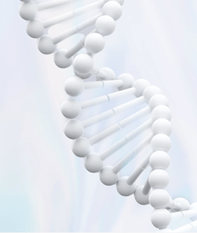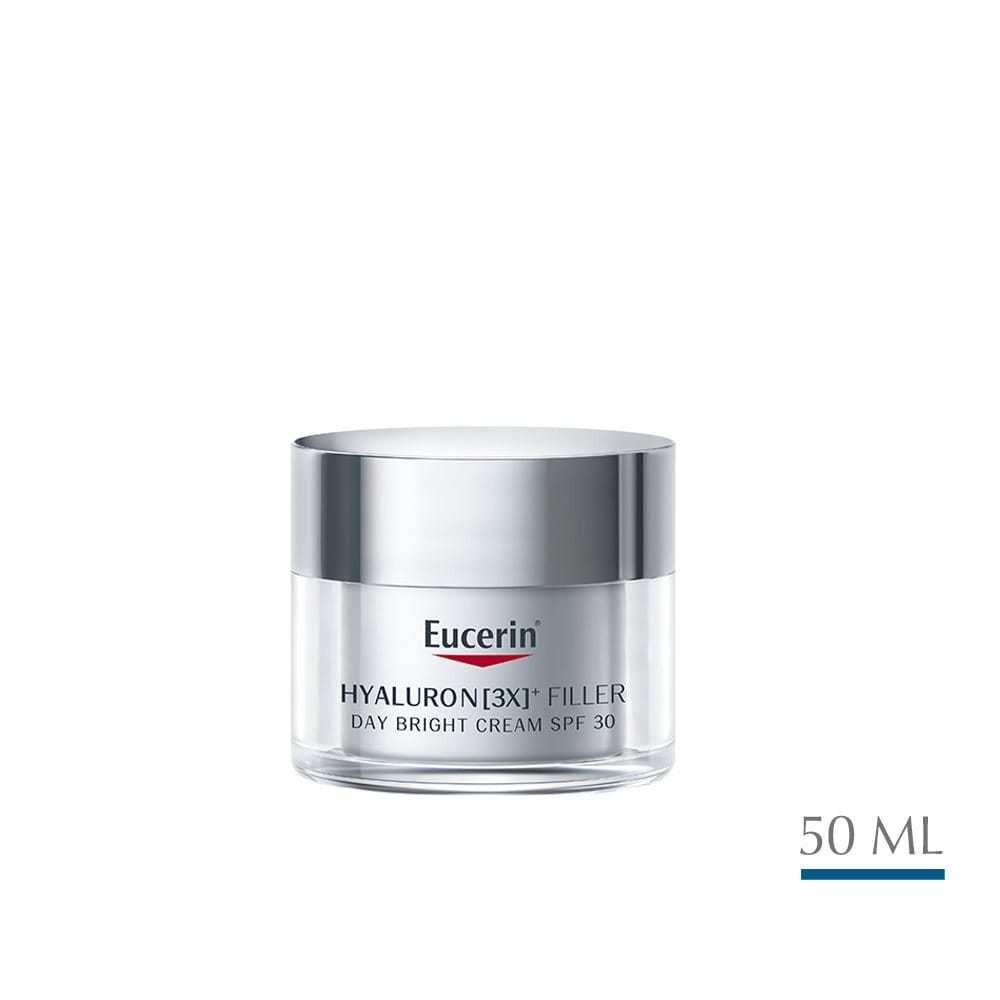What is an Epigenetic Clock?
The development of the epigenetic clock, specifically Dr. Steve Horvath's Horvath's Clock, was a significant milestone in aging research. Epigenetic clocks are statistical biomarkers that use epigenetic patterns to predict signs of aging and estimate your biological age (Horvath 2013).
These epigenetic patterns are formed when your skin is exposed to lifestyle factors: external influences like sunlight, diet, or smoking can lead to epigenetic changes (“blockages”) on your so-called skin code creating a unique epigenetic pattern. This pattern influences the activity of youth genes and can reduce their activity. This unique pattern determines the biological age of your skin cells, meaning how old your skin functions compared to your actual, chronological age (Bormann et al., 2016).










